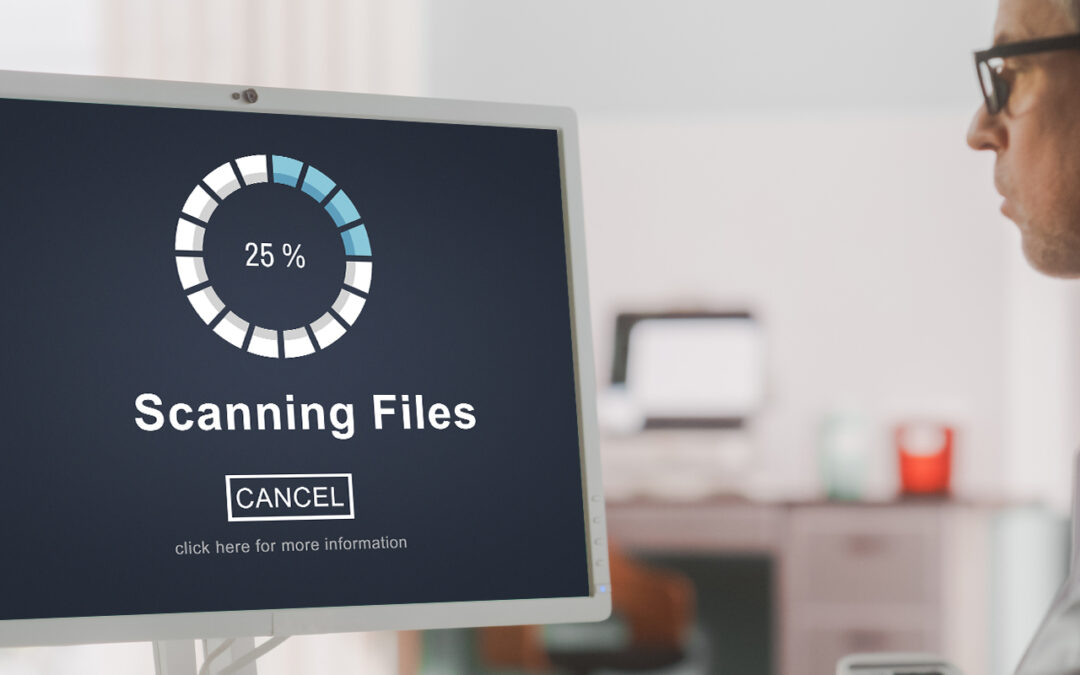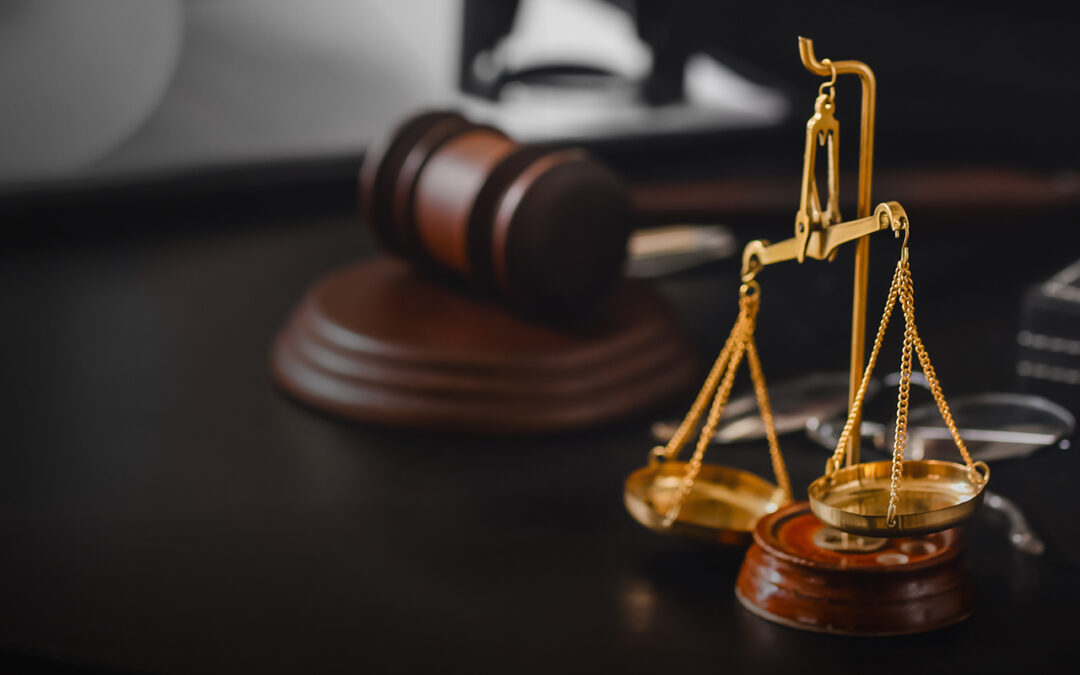
by Micaela Maki | Dec 1, 2023 | Fraud Prevention
THE FOUR CORNERSTONES OF INTERNET SECURITY
Friday, December 1, 2023
While the internet offers incredible opportunities and convenience, it also comes with its fair share of security dangers. These four cornerstones of internet safety can help you keep your information secure online.
Secure passwords
Always use secure passwords and never reuse old passwords. If criminals obtain your username and passwords from one site, they will try the same information on other popular sites using the same credentials. Never share your PIN and never share your online banking details.
Always type website log in addresses manually or use a safe bookmark
Never follow an email link to a log in page. It may be a phishing email page tricking you into logging into spoofed login page. It may look real but it’s not.
Financial information should be shared on secured home Wi-Fi Only
Assume that everything you do over public Wi-Fi is being watched, especially on mobile devices. If you need to conduct online financial transactions in a public setting always turn off Wi-Fi and turn on Cellular Data. Always assume that public Wi-Fi networks could be recording your actions.
Enable and install all updates and patches
Patches are software and operating system updates that address security vulnerabilities within a program or product. Updates for your mobile device and computer remove vulnerabilities and keep your identity and passwords protected.
Navigating the internet safely requires constant vigilance, adopting security best practices and staying informed about emerging threats.
If you know, or think you have been a victim of internet scams, phishing or cyber-attacks or your banking information has been compromised, contact your financial institution immediately and report it to local authorities.
You can also contact the Canadian Anti-Fraud Call Center at 1-888-495-8501.

by Micaela Maki | Jun 27, 2023 | Fraud Prevention
HOW TO PRACTICE GOOD PC HYGIENE
Monday, January 1, 2024
Your PCs, tablets, and phones need a good hygiene routine too! PC hygiene is how we keep our PCs clean of malware that can damage our files and compromise our systems. Maintaining good PC hygiene is like building a fortress around your digital world.
Here are 10 steps for you to follow that can help keep the bad guys at bay.
1. Updates
Keep your operating system, antivirus software, and other applications and programs up to date. Updates often include security patches that fix vulnerabilities exploited by cybercriminals.
2. Passwords
Always use complex passwords and consider using a password manager to generate and store them securely. Avoid using the same password across multiple accounts.
3. Firewall
Enable a firewall to monitor and control incoming and outgoing network traffic. This adds an extra layer of defense against unauthorized access.
4. Anti-Malware Software
Install reputable antivirus and anti-malware software. Regularly scan your system for potential threats and remove any malicious software.
5. Backup Your Data
Regularly back up your important files to an external drive or a secure cloud service. In case of ransomware or hardware failure, you can restore your data without paying a ransom.
6. Secure Wi-Fi Connections
Use strong encryption (WPA3) for your Wi-Fi network and change the default router login credentials. This prevents unauthorized access to your network.
7. Phishing Awareness
Be cautious of unsolicited emails, messages, or links. Verify the legitimacy of emails before clicking on links or providing sensitive information. Cybercriminals often use phishing to trick users into revealing personal data.
8. Two-Step Verification (2SV)
Also known as Two-Factor Authentication (2FA), be sure to enable 2SV whenever possible. This adds an extra layer of security by requiring a second form of verification, such as a code from your mobile device.
9. Limit User Privileges
Use a non-administrator account for daily activities. This limits the impact of malware or unauthorized access, as these accounts have fewer system-wide privileges.
10. Educate Yourself
Stay informed about the latest security threats and best practices. Knowing what to look out for can help you avoid falling victim to various cyber-attacks.
By incorporating these practices into your digital routine, you’re not just building a fortress; you’re also becoming a vigilant guardian of your online world.
If you know, or think you have been a victim of internet scams, phishing or cyber-attacks or your banking information has been compromised, contact your financial institution immediately and report it to local authorities.
You can also report to the Canadian Anti-Fraud Call Center at 1-888-495-8501.

by Micaela Maki | May 27, 2023 | Fraud Prevention
POWER OF ATTORNEY (POA) VS JOINT ACCOUNTS
Thursday, February 1, 2024
Many people are concerned about how to manage their money, property, and finances as they age or as their life changes. They may worry about what will happen if they become unable to safely manage their own finances.
Two tools often used for managing financial affairs are Power of Attorney’s or POA’s and Joint Bank accounts. It is important that people know the difference between the two and the risks and advantages of both.
What is a Power of Attorney?
A POA is a legal document that you sign to give one or more persons the authority to manage your money and property on your behalf. The person you appoint is called an ‘attorney’ although they do not need to be a lawyer.
To simplify, there are two main types of POA’s commonly used for finances/property in Canada.
A General POA is a legal document that can give your attorney authority over all or some of your finances and property. It allows your attorney to manage your finances and property on your behalf only while you are mentally capable of managing your own affairs. It ends if you become incapable of managing your own affairs or become deceased. A general power of attorney can be “specific” or “limited”, which can give authority to your attorney for a limited task (e.g., sell a house) or give them authority for a specific period of time. The power of attorney can start as soon as you sign it, or it can start on a specific date that you write in the document. A person may use this type if they are living outside of Canada or travelling, and they require someone to pay bills or manage their expenses while they are out of the country.
An Enduring or Continuing POA* is a legal document that lets your attorney continue acting for you if you become incapable of managing your finances and property. It can also give your attorney authority over all or some of your finances and property. An enduring or continuing power of attorney can take effect as soon as you sign it. In some cases, it is possible to have the power of attorney come into effect only when you become incapable, if this was specified in the document.
*This is the type YNCU may see more often for our older members who are preparing for a time when they are no longer able, either physically or mentally, to look after their finances.
What can my ‘attorney’ do?
Unless you limit your attorney’s authority, they can do almost everything with your finances and property that you could do. If you don’t have any limitations in your power of attorney document, your attorney can do your banking, sign cheques, buy or sell real estate in your name, and buy consumer goods. Your attorney does not become the owner of any of your money or property. He or she only has the authority to manage it on your behalf.
Your attorney cannot make a will for you, change your existing will, change a beneficiary on a life insurance plan, or give a new power of attorney to someone else on your behalf.
What are the advantages and risks of a POA?
Advantages
- Makes it clear who will be responsible for your money and property if you can’t manage them on your own, even temporarily.
- Your attorney must manage your money and property for your benefit and can be required by law to account for and explain how he or she is managing it.
- Can be as general or specific as you need.
- You can choose to appoint two or more attorneys. You can require that your attorneys make all decisions together (“jointly”), or to act together or separately, if one of them is unavailable (“jointly and severally”). You can also appoint alternate or successive attorneys.
- Having two or more attorneys could reduce potential fraudulent use of a power of attorney.
- A general power of attorney allows your attorney to look after your affairs if you are away temporarily or if you need help managing your affairs.
- The enduring power of attorney allows your attorney to continue looking after your affairs if you lose your capacity.
- If you lose your capacity and do not have a valid enduring or continuing power of attorney document in place, someone will need to get authority from the court to manage your money and property. This can be time-consuming and expensive.
Risks
- Can lead to mismanagement of your money and property if the attorney you choose is not trustworthy, uses your money improperly, or does not make decisions that are in your best interest.
- Not enough information or limitations in the document could lead to the mismanagement of your finances or to your finances being managed in a way that you do not agree with.
- Your attorney must manage your affairs in the way that you direct in the document. Strict limitations can make it difficult for your attorney to take care of your finances.
- If you appoint more than one attorney to act jointly, disagreements between them could cause problems and lead to delays in the management of your financial affairs.
- If not reviewed regularly, your power of attorney document might not meet your current needs or the requirements of the law.
- The person you previously selected to be your attorney may no longer be the best choice or may no longer be available.
- Possibility of “competing” powers of attorney if you have signed more than one power of attorney document. If you appoint a new attorney, you should cancel your previous power of attorney document and advise your financial institution of the change.
What about Joint Accounts?
Joint accounts are bank accounts in which two or more people have ownership rights over the same account. These rights include the right for all account holders to deposit, withdraw, or deal with the funds in the account, no matter who puts the money into the account.
In many cases, joint accounts include the right of survivorship. This means that if one of the account holders dies, the surviving account holder becomes the owner of the account, with the right to deposit, withdraw, and deal with the funds in the account.
In some cases, joint accounts may be considered as an option for someone to get help from family members or friends to pay bills and manage their finances. For example, health conditions or mobility issues could make it difficult for someone to manage their personal banking on their own. Getting to the bank or using online banking services can be difficult for some people. A person may consider setting up a joint account with a family member, such as an adult child, after the death of a spouse who used to deal with the household finances.
It may also be important to consider other consequences of a joint account such as whether probate fees or taxes will apply upon the death of a joint account holder or whether the remaining funds are intended to form part of the deceased’s estate or be gifted to the surviving joint account holder. These considerations may be addressed in consultation with a lawyer.
Risks associated with Joint Accounts (vs POA’s)
- Unless you can state otherwise in your banking agreement, any person named on the joint account is able to withdraw money from the account at any time. They don’t need permission from you to do so, even if most or all the funds in the account were deposited by you.
- Funds withdrawn may never be recovered.
- If the relationship between you and your joint account holder breaks down, you risk the money being withdrawn or that the account may not be handled in the way that you wished.
- If your joint account holder and their spouse separate or divorce, the money in the joint account could be claimed in the separation or divorce settlement.
- It is difficult to hold a joint account holder legally accountable for taking money from the account that they weren’t supposed to.
- You may have to go to court to challenge the actions of a joint account holder. This could be expensive and stressful. It may also take a long time to resolve.
- If it is not clear that the money in the account was meant to be a gift to the surviving joint account holder or whether it was meant to become part of the deceased joint account holder’s estate, legal disputes could arise.
- You will share responsibility with your joint holder for all transactions made through the account.
- If one of the joint account holders has financial problems or declares bankruptcy, creditors could make claims on the money in the account.
- The bank may require both people named in the joint account to give approval to remove one of you from the account.
**Everyone is encouraged to seek legal advice as well as estate planning advice from qualified industry professionals. Being prepared in advance is a wise thing to do to avoid any unexpected problems when situations arise. **



